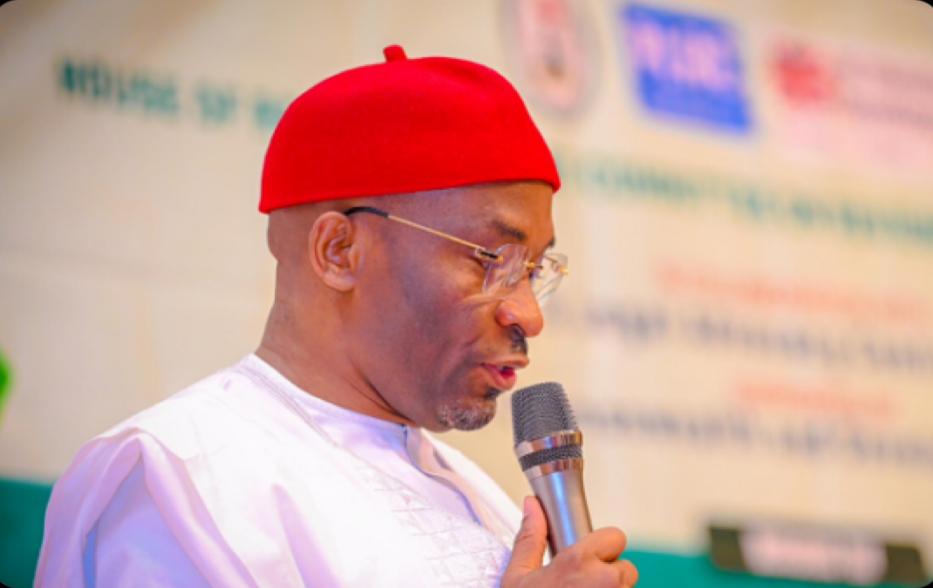Deputy Speaker of the House of Representatives, Rt. Hon. Benjamin Kalu, has declared that the proposed legislation to create reserved seats for women in Nigeria’s parliament is a bold step toward inclusive governance, not an act of tokenism. Kalu, who chairs the House Committee on Constitution Review, made this known during a policy dialogue on women’s political participation held in Abuja. Represented by his Chief of Staff, Sam Ifeanyi Hart, the Deputy Speaker said the proposal — known as House Bill 1349 — seeks to correct years of underrepresentation of women in governance and ensure that their voices are heard in national decision-making. The bill is not just a piece of legislation nor an act of tokenism,Kalu stated. It is proof of our collective commitment to change the narrative and to disrupt the status quo that has long sidelined women from decision-making tables. Reserved seats are about correcting a historical imbalance and deepening our democracy. Nigeria remains one of the countries with the lowest level of women’s representation in Africa, with less than 6 percent of National Assembly seats occupied by women. Kalu argued that voluntary quotas and advocacy efforts have not produced the desired results, stressing that stronger constitutional measures are now necessary to secure space for women in politics. At the event, organised by the Emerge Women Development Initiative, stakeholders from civil society, political groups, and women’s organisations echoed the need for urgent reforms. They described the reserved seats bill as a catalyst for increasing women’s participation, inspiring young girls to pursue leadership roles, and ensuring that governance reflects the diversity of Nigeria’s population. The Deputy Speaker explained that the Constitution Review Committee is already reviewing relevant provisions to harmonise the proposal with Nigeria’s electoral framework. He added that while reserved seats would open doors for women, broader reforms in party primaries, electoral financing, and political culture are equally important to sustain long-term inclusion. “This initiative is about building a stronger democracy by unlocking the potential of half of our population,” Kalu said. We must see it as an investment in Nigeria’s future, not as a favour to women. The reserved seats bill is expected to return for further debate when the House resumes from recess, though it will require broad political consensus to scale through. Analysts note that questions around the number of seats to be reserved, their allocation, and their integration into the legislative system are likely to dominate discussions. For women’s groups, the proposal is a long-awaited opportunity to break the cycle of exclusion. They have called for clear timelines, legal clarity, and political party commitment to ensure the measure translates into real change. If passed and effectively implemented, the reserved seats bill could mark a historic shift in Nigeria’s democratic journey — one that expands representation, strengthens governance, and paves the way for a more inclusive political culture.










